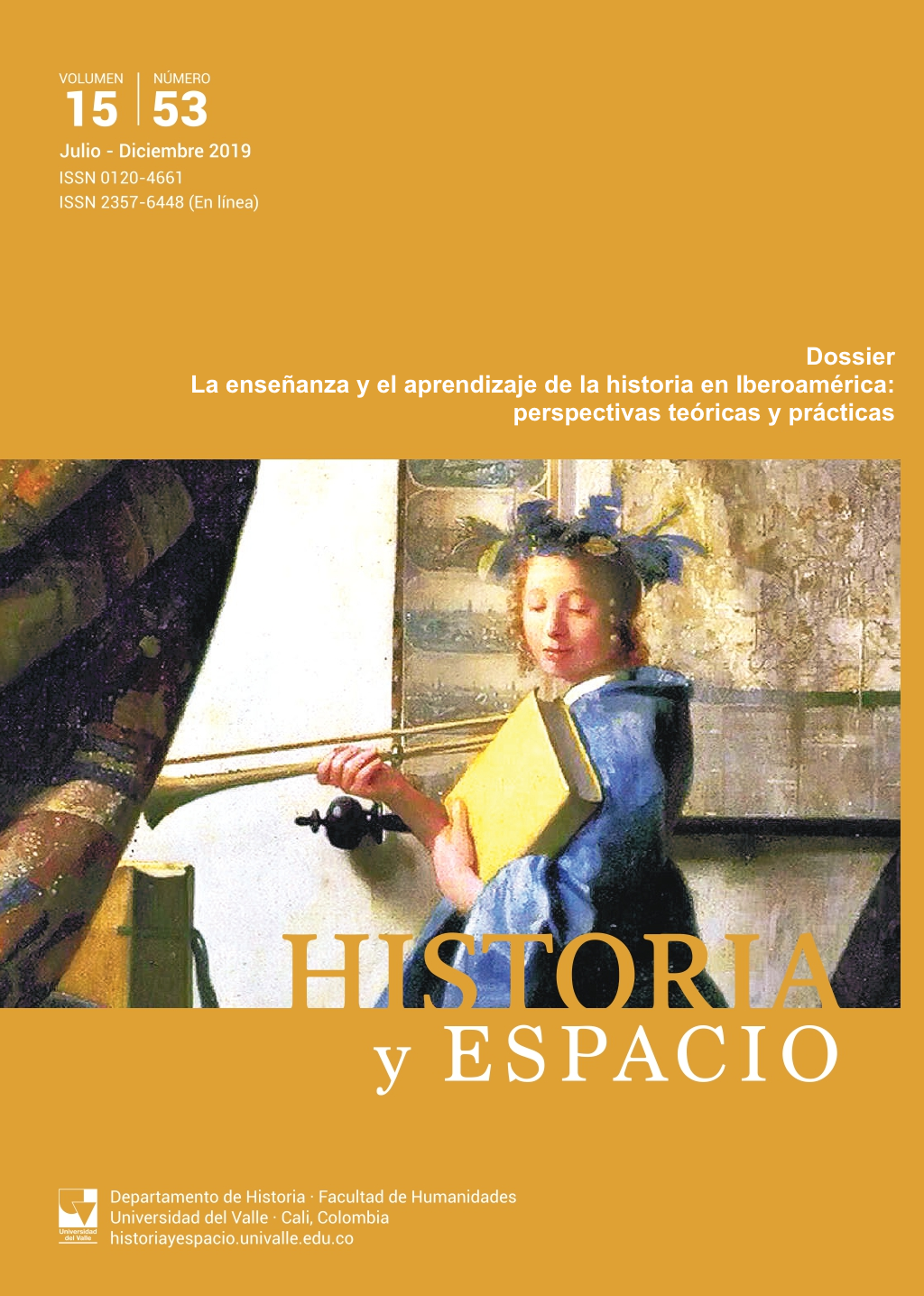A look from the political analysis of the discourse of the connections between the Afrodescendant political field, curriculum and teaching of history in Uruguay.
Main Article Content
The Affirmative Action for Afrodescendants Act promulgated in Uruguay on 21th august, 2013, states that educational and teacher-training programs should incorporate the contributions of Afrodescendant communities in history teaching and present their participation in nation-building process so far, as well as their cultural expressions. We intend to analyze the echoes and the eruptions of this field by making a dialogue with the Political Analysis of Discourse contributions and the Afrodescendant political field in Latin America as well as Caribbean. The objective is to analyze their demands from the postcolonial perspective to show how some references to the History of Africa arise with the contributions of Afrodescendant culture in the norms and in the official programs of History for Basic Education in Uruguay.





